As the stock market plunged into a tailspin, John, a seasoned investor, found himself paralyzed by fear. His portfolio, once a carefully crafted mix of low-risk stocks and bonds, was now hemorrhaging value at an alarming rate. Despite his years of experience and research, John's emotions had taken over, clouding his judgment and leading him to make rash decisions that only exacerbated the problem. He was not alone; millions of investors like him were struggling to make sense of the chaos, their fear-driven decisions costing them dearly.
Behind the scenes, a growing body of research suggests that fear is a major culprit in market anxiety. According to Dr. Mena Mirhom, a psychiatrist and Forbes contributor, the human brain's primal response to danger can be a powerful driver of emotional decision-making. When the market turns volatile, the brain's fear response kicks in, overriding rational thinking and leading to impulsive choices that can have devastating consequences.
The statistics are staggering. A study by the Securities and Exchange Commission found that investors who panic and sell their stocks during market downturns often end up losing up to 30% of their portfolio's value. In contrast, those who remain calm and patient tend to recover faster and even outperform the market in the long run. The difference, Dr. Mirhom notes, lies in the ability to manage the fear response and make rational decisions.
For John, the turning point came when he realized that his fear was not just a natural response to the market's volatility, but also a self-fulfilling prophecy. By allowing his emotions to dictate his actions, he was creating a feedback loop of fear and panic that was perpetuating the very problem he was trying to solve. With the help of a financial advisor and a newfound understanding of his own psychology, John was able to break free from the cycle of fear and make more informed decisions.
Dr. Mirhom's work with investors like John has shown that the key to beating market anxiety lies in understanding the psychology of fear and learning to manage it. By recognizing the biological response to danger and taking steps to slow it down, investors can tap into their rational thinking and make more informed decisions. "The first hurdle is recognizing that the emotional response is biologically far faster than the cognitive one," Dr. Mirhom explains. "This is a helpful survival technique when we need to react quickly to avert danger, but it can be costly if we allow an emotion to move our financial decisions."
In the world of finance, the stakes are high, and the consequences of fear-driven decisions can be severe. A study by the Federal Reserve found that during the 2008 financial crisis, investors who panicked and sold their stocks lost an average of 40% of their portfolio's value. In contrast, those who remained calm and patient saw their portfolios recover at a rate of 20% per year.
As the market continues to evolve and become increasingly complex, the need for investors to manage their fear response has never been more pressing. By understanding the psychology of fear and learning to manage it, investors like John can break free from the cycle of anxiety and make more informed decisions that will serve them well in the long run.
In the end, the cost of fear is not just financial; it's also emotional and psychological. By taking control of their emotions and making rational decisions, investors can not only protect their portfolios but also maintain their mental and emotional well-being. As Dr. Mirhom notes, "Fear may be a natural response to danger, but it's not a necessary one. By learning to manage our fear, we can take control of our financial decisions and achieve our long-term goals."







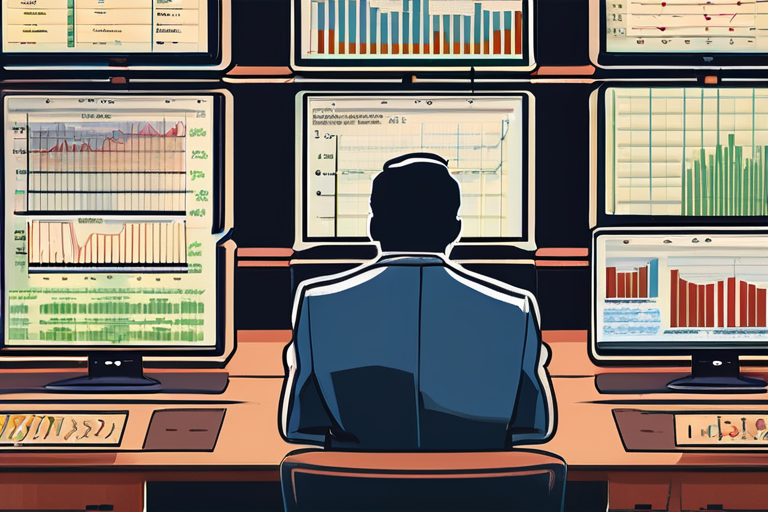
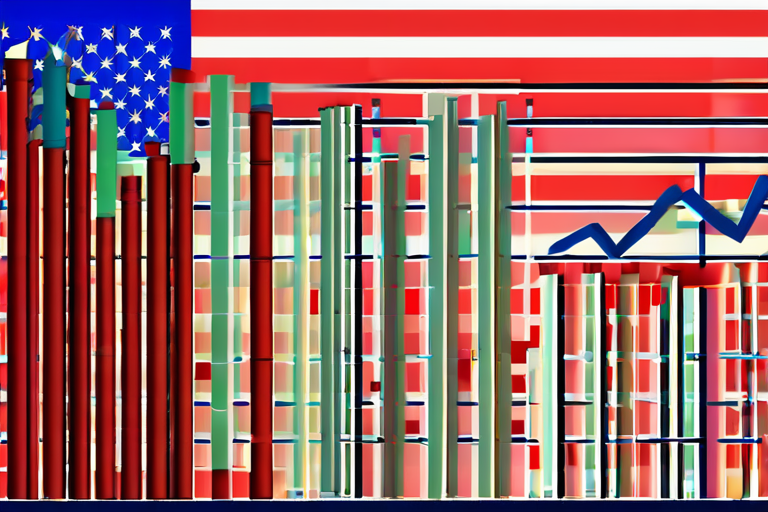
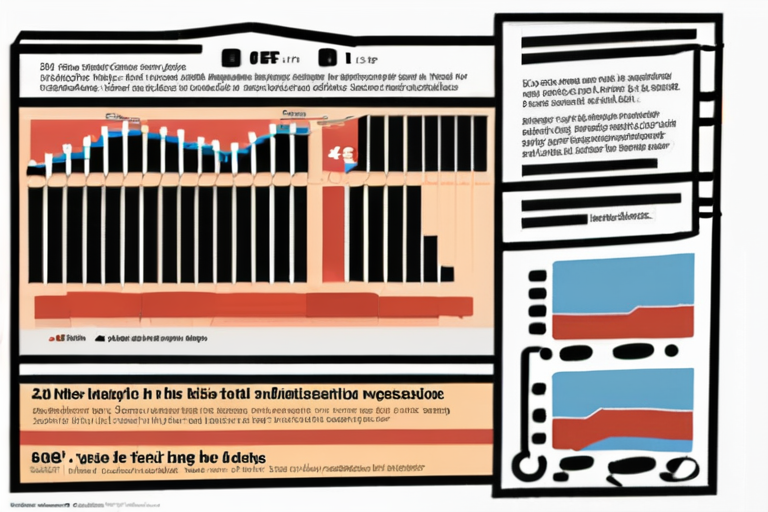












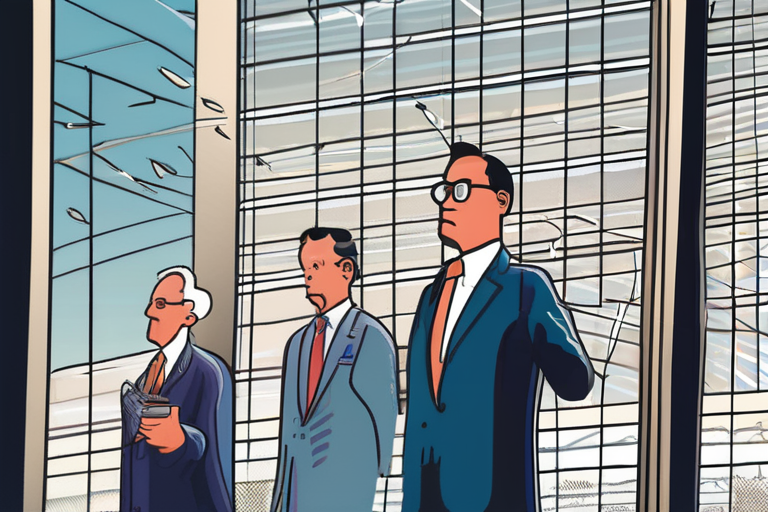

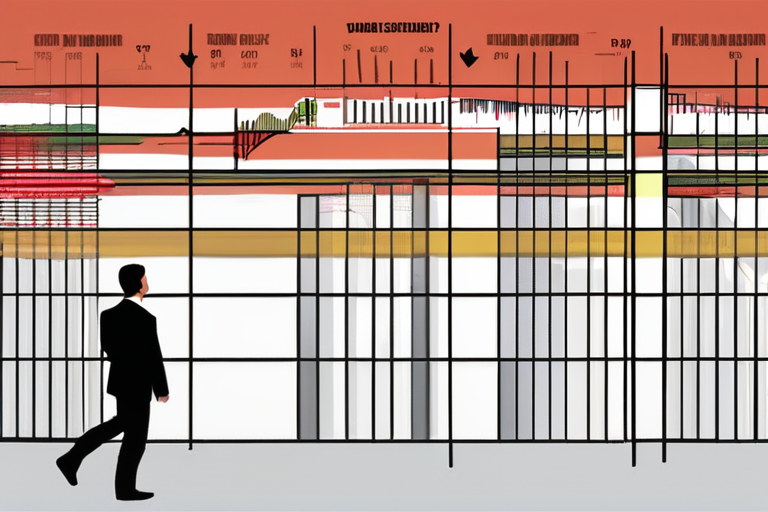


Share & Engage Share
Share this article